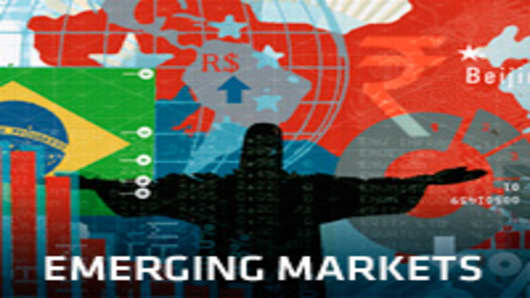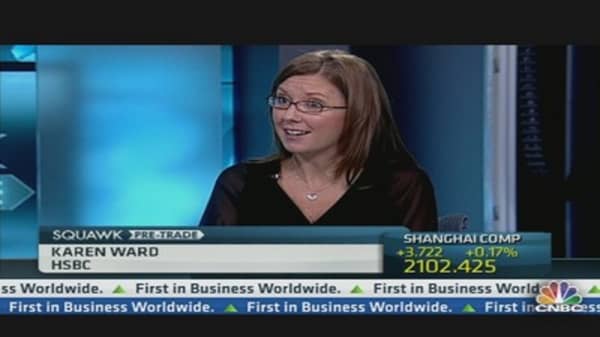A "consumer revolution" will take place as close to 3 billion people join the global middle class in the next four decades, with the balance of power shifting inexorably to countries now classed as emerging markets, according to HSBC economists Karen Ward and Frederic Neumann. They predict that the emerging world will account for close to two-thirds of total global consumption by 2050 — up from less than a third in 2012.
The shifting balance of power between slow-growth developed economies like the U.S. and much of Europe, and fast-growing emerging markets, could be seen most obviously in supermarket aisles and shopping streets.
While much of the purchasing power will be driven by existing well-known fast-growing economies like China and India, other less well-known powerhouses to emerge will include the Philippines, Malaysia and Peru, they argued in a research note published Monday.
And the youth of these countries will drive consumer demand, with countries such as the Philippines, India, Pakistan, Egypt and Saudi Arabia — whose populations all have a median age of 25 or under today — gaining strength exponentially between 2012 and 2050.
The contrast with the stymied demographics of many developed economies is clear. Japan, for example, will sell more adult than children's diapers this year, according to Informed Decisions.
Younger, richer, populations will lead to more demand for clothing and footwear, with the markets in China, India, the Philippines and Malaysia all likely to see near five percent annual compound growth between now and 2050, according to HSBC.
"The "threshold effect", triggered by the sudden migration of large segments of the population from one income bracket to the next, implies explosive growth in the demand for newly desired products. Their sales can thus expand at an even faster pace than the already impressive growth of emerging market economies," the economists wrote.
There could be a rise in "South-South" trade as Southern hemisphere countries gain in strength. Developed economies will need to start focusing on producing rather than consuming as today's emerging market consumers become 2050's most powerful marketplace, according to HSBC.
"The best way out of our current economic difficulties is for the former consumers (the West) and the former producers (the East) to swap roles. Rising Western exports would enable them to repay their debts more easily. The less amicable resolution includes default, protectionism and deglobalization, " the economists warned.
And as the emerging market consumers become more powerful, and technology in those countries becomes more advanced, they are likely to switch from being driven by exports and manufacturing towards consumer goods and the services sector, according to HSBC.
There are a number of key potential stumbling blocks to HSBC's projections. These include the potential for limited natural resources and environmental damage to slow manufacturing and economic growth — and for rogue governments to scupper their countries' chances.





